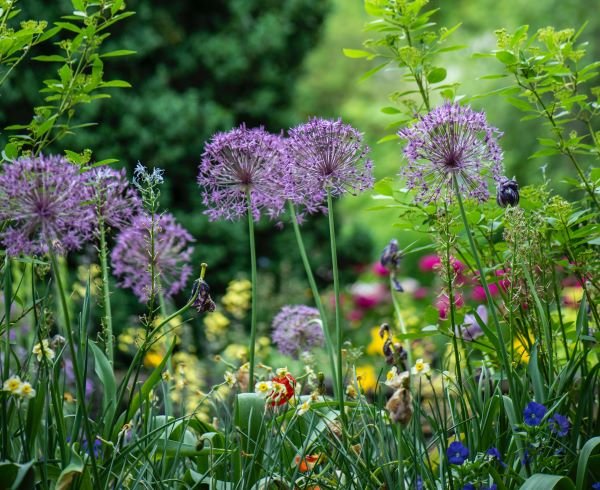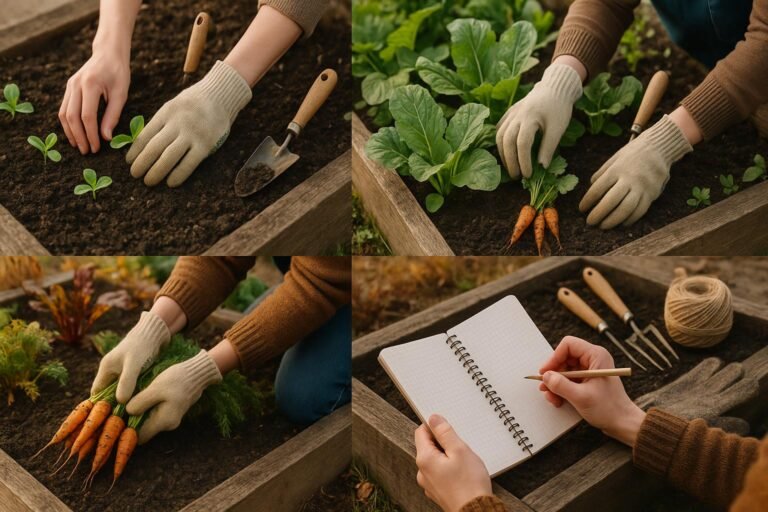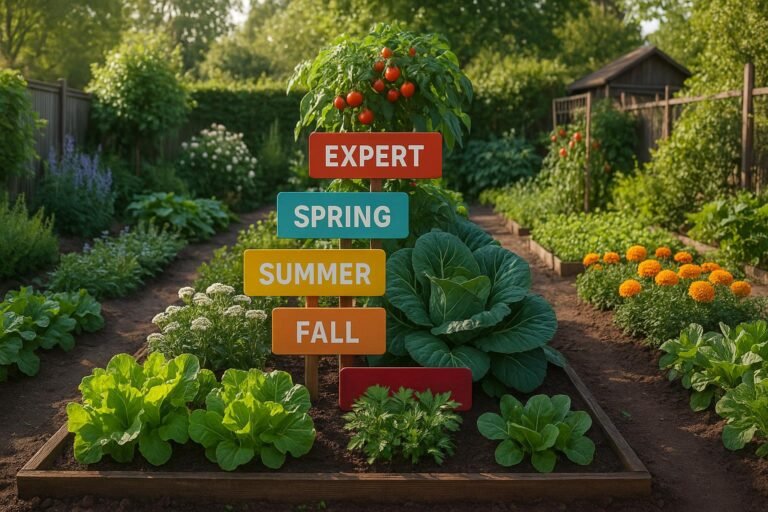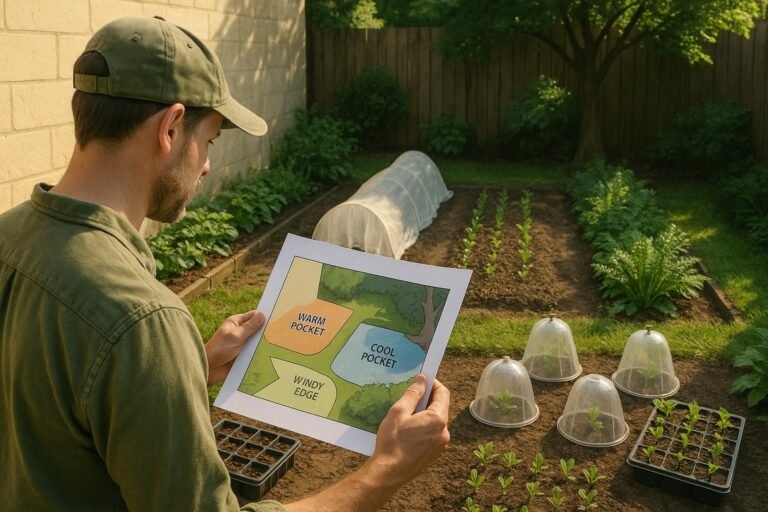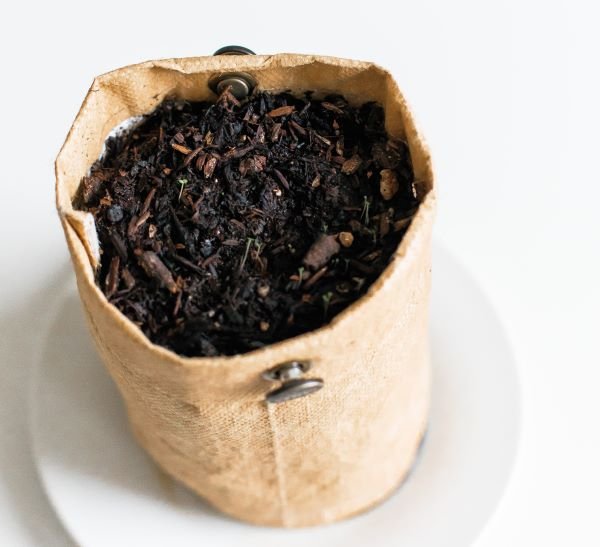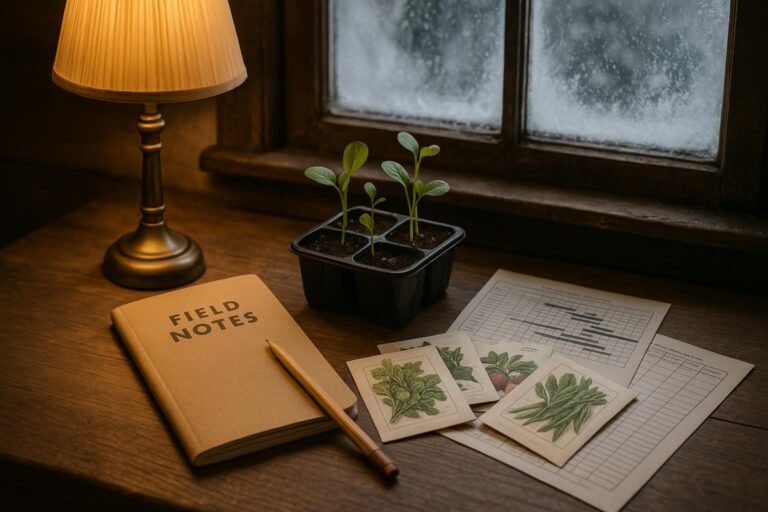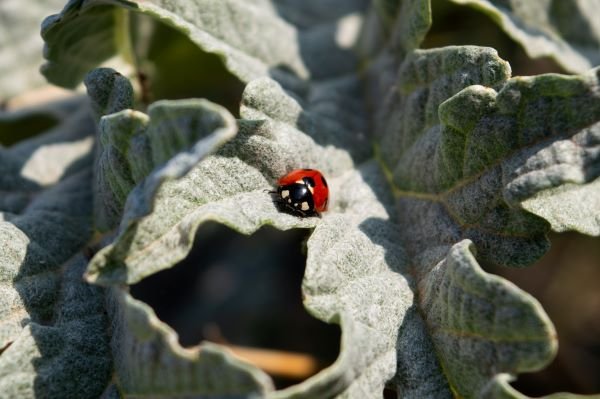Organic Gardening: Nurturing Nature in Your Backyard
With increasing awareness about the adverse effects of chemicals on our health and environment, many people are turning towards a greener alternative: Organic Gardening. It’s more than just a trend; it’s a sustainable way of living, blending organic farming principles with the joys of gardening.
What is Organic gardening?
Organic gardening encompasses a broad spectrum of gardening practices that shun the use of synthetic fertilizers, pesticides, and genetically modified organisms. It is not just about avoiding chemicals but adopting a holistic approach to gardening that is in harmony with nature.
Organic Farming versus Organic Gardening
While both organic farming and gardening share the core principle of avoiding synthetic chemicals, there are subtle differences:
- Organic Farming typically refers to large-scale agricultural production where the emphasis is on crop rotation, green manure, compost, and biological pest control.
- Organic Gardening, on the other hand, is often practiced on a smaller scale, like in home gardens or community plots. Here, the focus is on building a sustainable, chemical-free environment that supports both plants and the organisms living in the soil.
Benefits of Sustainable Gardening
- Soil Health: Organic practices such as composting and mulching enhance soil fertility and encourage the proliferation of beneficial microbes.
- Environmentally Friendly: With no chemical runoff, you’re safeguarding local water sources and promoting biodiversity.
- Healthier Produce: Plants grown organically are often more nutritious and free from harmful chemical residues.
Natural Gardening Methods to Adopt
- Composting: Transform kitchen scraps and garden waste into nutrient-rich compost.
- Crop Rotation: Reduce soil-borne diseases and improve soil structure by rotating crops each season.
- Natural Predators: Introduce beneficial insects like ladybugs and praying mantises to tackle pests.
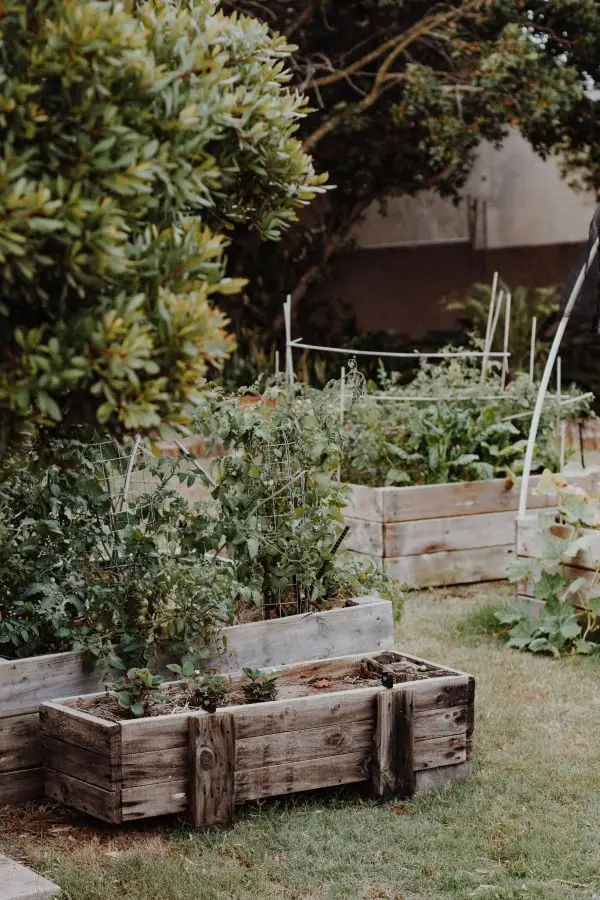
The Allure of Chemical-free Gardens
Gardening without chemicals doesn’t just benefit the environment; it’s also safer for pets and children who may come into contact with plants. Moreover, chemical-free gardens often see an increase in local wildlife like bees, butterflies, and birds, making your garden a local ecosystem hotspot.
Eco-Friendly Gardening Tips
- Water Conservation: Implement rainwater harvesting systems and use drip irrigation to minimize water wastage.
- Native Planting: Plant local species that are adapted to the regional climate, requiring less maintenance and water.
- Natural Pest Deterrents: Instead of reaching for the pesticide, try planting marigolds or garlic, known to deter pests naturally.
Organic gardening is more than just a hobby; it’s a testament to a lifestyle choice, one that reveres nature and acknowledges the symbiotic relationship we share with our environment. Whether you’re a seasoned gardener or someone just starting, remember: every plant you grow organically contributes to a healthier planet. Embrace the beauty of organic farming techniques, indulge in sustainable gardening practices, and watch as nature flourishes in its purest form in your very own backyard.
Check Out my other blog posts:
Check out my other websites:
For woodworking enthusiasts – JLH-Rentals.com
Interested in travel to Europe – GramAndPapTravel.com
